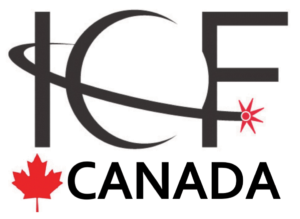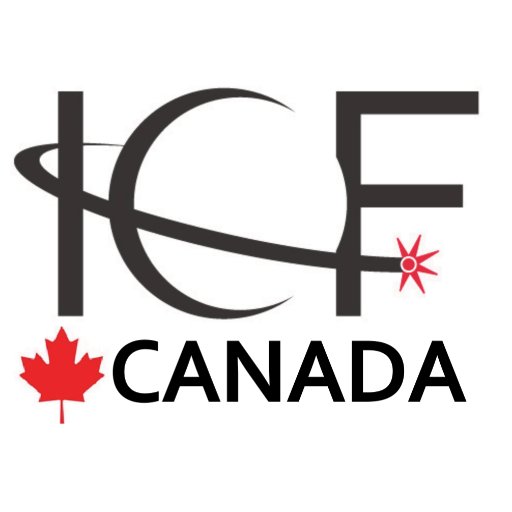
Meet the Durham Region – 2022 SMART21 Intelligent Community
The Regional Municipality of Durham, a SMART21 Intelligent Community in 2021 and 2022, includes eight cities, townships and municipalities in Southern Ontario. The Durham Region’s blend of suburban and rural areas results in a diverse portfolio of economic strengths, featuring an impressive agricultural sector while also being a major center of the Canadian automotive industry. The region is also the Clean Energy Capital of Canada as the home of both Ontario Power Generation and Ontario Tech University’s Clean Energy Research Lab.
The Durham Region addressed the issue of a sprawling mix of suburbs and large rural with gaps in connectivity by adopting the Regional Broadband Strategy in 2019 and thereafter developing the Regional Broadband Network, an ambitious project covering 700 km of fiber optic cable with off-ramps into each community. With the government handling the costs of the backbone itself, local internet service providers are able to focus on delivering faster, more reliable solutions. The Durham Region has focused on the first 35 km of the backbone fiber trunk through particularly underserved rural areas and has pursued additional funding to bring the full project to life.
To ensure that all residents can access the best available learning tools and environments, the Durham Region has developed a program to help eligible families obtain the Canada Learning Bond. The Canada Learning Bond provides low-income families with financial assistance to access post-secondary education options for their children. To help local families overcome barriers to achieving these Bonds, the Durham Region formed a partnership between the municipal, provincial and federal governments, local school boards, community partners, financial institutions and SmartSaver.org—a national charitable organization that connects low-income families with information about the Canada Learning Bond. This collaboration resulted in over 300 additional families with 500 eligible children receiving the Canada Learning Bond in 2019. The Durham Region transitioned to a virtual event in 2020 and plans to continue expanding the program until every eligible family has the help it needs.
To assist its older residents in making use of essential web services, the Oshawa Senior Citizens Centres created a Digital Inclusion Program in 2017. The Senior Citizens Centres provide low-cost beginner computer and technology classes, making use of free internet available in all such facilities as well as computer labs and cyber cafés for senior citizens. Training programs focus on basic digital literacy, including the Brain Gym program, which uses iPads to assist seniors with dementia. More than 3,000 seniors have participated in the Digital Inclusion Program since its founding.
To serve as a first-mile/last-mile transit solution for residents, the Town of Whitby, where the Durham Region’s government is headquartered, created a partnership in 2019 with Durham Region Transit, Smart Cone Technologies, Pacific Western Transportation, Ontario Centres of Excellence and Autonomous Vehicle Innovation Network. The partnership delivered a one-year in-service automated shuttle pilot to connect south Whitby to Whitby GO Station. The shuttle route includes a series of sensors that collect data and deliver key information to the shuttle and operations control center, enhancing safety and efficiency. Prior to launch, the project partners delivered a communication engagement and education campaign to make residents aware of the new service. Deployed in 2021, the pilot project is deemed to be the longest route deployed in all-season weather and in mixed traffic conditions to date, and the data collected from the project will help advance deployment of on-road autonomous vehicles across the country.
Due to rising flooding, high heat days, and other impacts of climate change, the Regional Council declared a climate emergency in 2018 and began the development of the Durham Community Energy Plan (DCEP). The plan seeks to accelerate the transition to a clean energy economy in the region while providing additional economic and social benefits at the same time. The DCEP outlines a path to electrifying transportation and retrofitting building stock to address Durham’s largest contributors to greenhouse gas emissions, with work that began on the first community-scale projects in 2020. On the residential side, the Durham Home Energy Savings Program was created to stimulate homeowner demand for energy-efficiency-related home renovations, including various energy retrofits. The program aims to eventually retrofit most of the region’s over 200,000 existing single-family homes by 2050, providing 40-50% energy savings per home. The Durham Home Energy Savings Program launched mid-2021 with an initial four-year implementation plan.
-
- For more, see their website at
![]()
![]()
Want to have a voice in iCommunity.ca, the official newsletter of ICF Canada? Please send your blogs, announcements and other interesting content to John G. Jung at [email protected]

ICF Canada 1310-20 Bay Street Toronto, Ontario M5J 2N8 www.icf-canada.com
Contact: John G. Jung at [email protected] 1-647-801-4238 cell
Want to change how you receive these emails?
You can update your preferences or unsubscribe from this list
